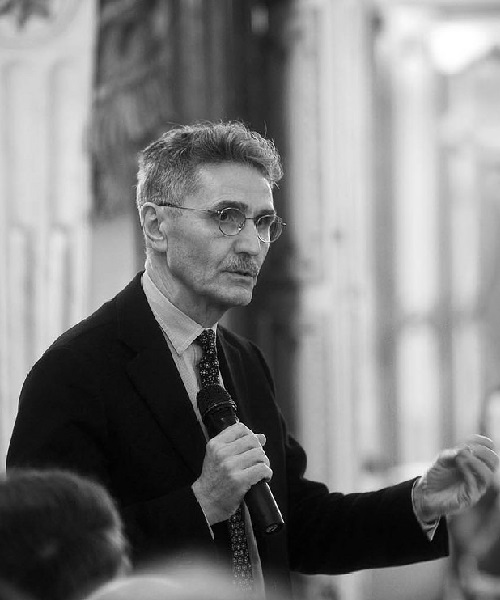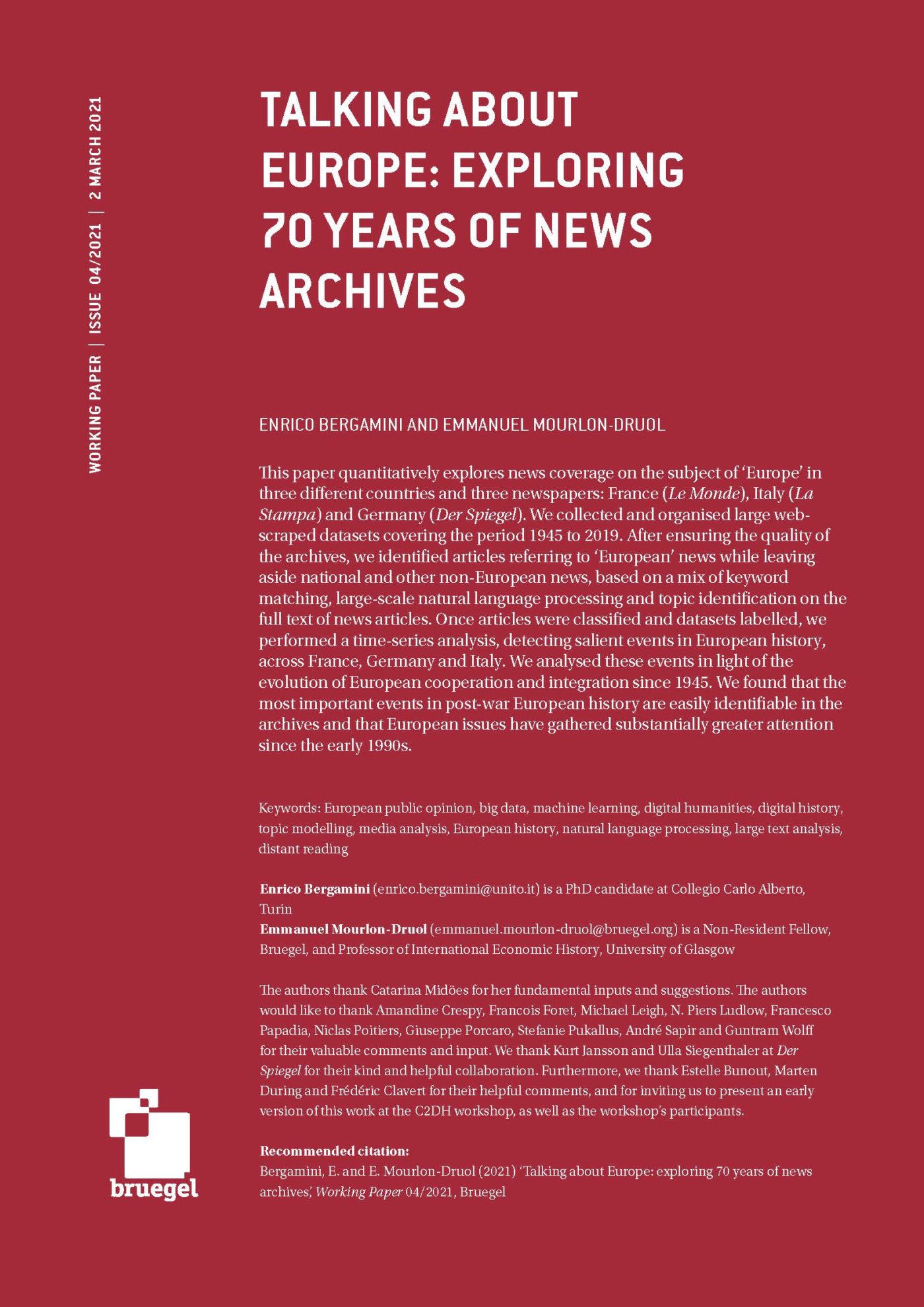Blog Post
The rebellion of globalisation’s losers
What’s at stake: The prevailing narrative for the rise of anti-establishment politicians is that advocates of integration vastly underestimated the plight of globalization’s losers.
A narrative for the rise of populism
Daniel Gros writes that the prevailing explanation on both sides of the Atlantic is that rising populism amounts to a rebellion by “globalisation’s losers.” By pursuing successive rounds of trade liberalization, the logic goes, leaders in the US and Europe “hollowed out” the domestic manufacturing base, reducing the availability of high-paying jobs for low-skill workers, who now have to choose between protracted unemployment and menial service-sector jobs. Fed up, those workers are now supposedly rejecting establishment parties for having spearheaded this “elite project.”
Kevin O’Rourke writes that globalisation’s losers are becoming increasingly hostile to trade (and immigration). Over the past decade, political scientists and economists have amassed a considerable body of survey evidence, which shows that ordinary people’s attitudes towards globalisation are exactly what Heckscher-Ohlin economics would predict. Standard international trade theory teaches us that trade increases overall incomes, but that not everyone benefits: instead, trade helps some groups in society, and hurts others. The textbooks then make the point that, since overall incomes have increased, the losers could be compensated by the winners, leaving everyone better off.
Wolfgang Munchau writes that what advocates of global market liberalization should recognize is that both globalisation and European integration have produced losers. Both were supposed to produce a situation in which nobody should be worse off, while some might be better off. That did not happen. We are close to the point where globalisation and membership of the eurozone in particular have damaged not only certain groups in society but entire nations. If the policymakers do not react to this, the voters surely will.
Kevin O’Rourke writes that economists can tut-tut all they want about working-class people refusing to buy into the benefits of globalisation, but too much globalisation, without domestic safety nets and other policies that can adequately protect globalisation’s losers, will inevitably invite a political backlash. Wolfgang Munchau writes that globalisation has overwhelmed western societies politically and technically. There is no way we can, or should, hide from it. But we have to manage the change. This means accepting that the optimal moment for the next trade agreement, or market liberalization, may not be right now.
Brad DeLong writes that ideologies – either Friedmanesque rants that globalisation is always good or Trumpist rants that “we” are always outmaneuvered in trade deals by shifty foreigners – seem profoundly unhelpful here. And so the word “globalisation” becomes an obstacle rather than an aid to thought
Dean Baker writes that the rules of trade liberalization were written to redistribute upward. The fact that manufacturing workers paid the price, and not doctors, lawyers, and other highly paid professionals, was by design. There are tens of millions of very bright and ambitious people in places like India and China who would be happy to train to U.S. standards and work as professionals in the United States at a fraction of the wages of our professionals, just like their manufacturing workers were happy to work for lower wages. While our trade deals were designed to encourage competition for our manufacturing workers, they did little or nothing to open the door for competition for professionals. There was nothing inevitable here, the issue was the class of people who were writing the trade agreements. We also made patent and copyright protection longer and stronger. This transfers hundreds of billions of dollars every year from the rest of us to folks like Bill Gates and Pfizer. There is also nothing inevitable about this story, the rules were written to redistribute upward.
Alternative narratives on the rise of populism
Daniel Gros writes that if these factors account for the rise of populism, they must have somehow intensified in the last few years, with low-skill workers’ circumstances and prospects deteriorating faster vis-à-vis their high-skill counterparts. And that simply is not the case, especially in Europe. The “wage premium” for workers in occupations that require high levels of education has been roughly constant in Europe over the last decade. The difference in employment rates of the highly educated and the less educated has also remained relatively constant, with the less educated actually closing the gap slightly in recent years.
Daniel Gros writes grievances about the economic impacts of economic globalisation are simply not that powerful. Instead, right-wing populist parties like the FPÖ, Finland’s True Finns, and Germany’s Alternative für Deutschland are embracing identity politics, playing on popular fears and frustrations – from “dangerous” immigration to the “loss of sovereignty” to the European Union – to fuel nationalist sentiment.
Wolfgang Munchau writes that the establishment view as to why globalisation has failed is that states have neglected to forge the economic reforms necessary to make us more competitive globally. There is no factual evidence that countries that have reformed are performing better or are more able to cope with a populist insurrection. The US and the UK have more liberal market structures than most of continental Europe. Yet the UK may be about to exit the EU; in the US the Republicans may be about to nominate an extreme populist as their presidential candidate. Finland leads all the competitiveness rankings but the economy is a non-recovering basket case — and it has a strong populist party.
Kevin O’Rourke writes that the outsourcing activities of multinational firms may be reallocating labor tasks between countries in ways that traditional Heckscher-Ohlin trade theory did not take account of. For example, very low skill service jobs, and high skilled jobs involving abstract tasks, may be difficult to outsource, but middle-ranking routine tasks may be much more easily so. And indeed there seems to have been a ‘hollowing out ’ of the income distribution in recent years: wages at the top have been pulling away from average wages, while in some cases low wages are converging somewhat on the average.
Republishing and referencing
Bruegel considers itself a public good and takes no institutional standpoint. Anyone is free to republish and/or quote this post without prior consent. Please provide a full reference, clearly stating Bruegel and the relevant author as the source, and include a prominent hyperlink to the original post.














